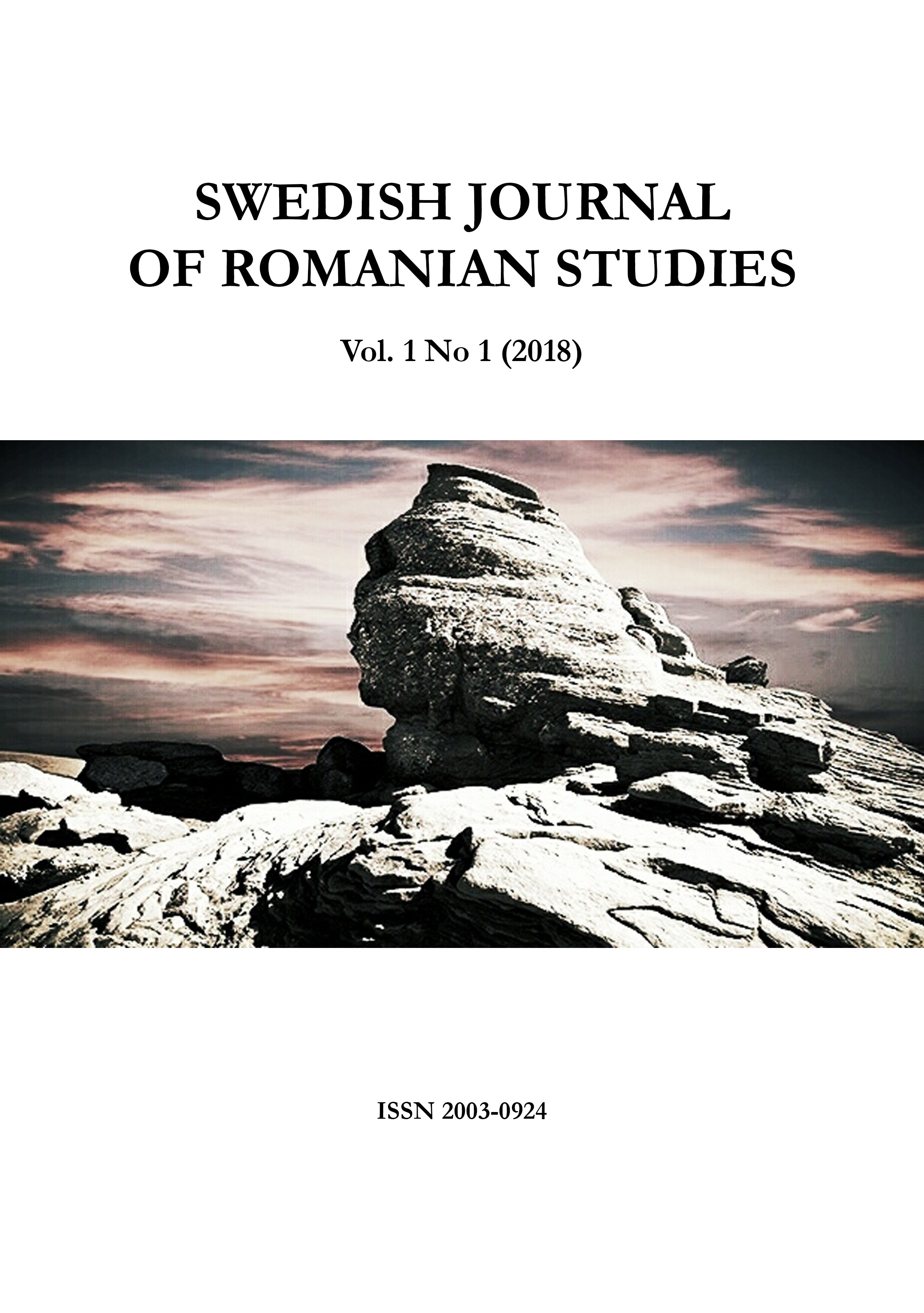Adaptare și imitație în romanele "No Time Like the Present", de Nadine Gordimer și „Vremea Minunilor", de Cătălin Dorian Florescu
Adaptation and mimicry in the novels “No Time Like the Present”, by Nadine Gordimer and “Vremea minunilor”, by Cătălin Dorian Florescu
Author(s): Simina TimofteSubject(s): Novel, Comparative Study of Literature, Romanian Literature, Other Language Literature, Culture and social structure , Transformation Period (1990 - 2010), Present Times (2010 - today), Cultural Essay, Political Essay, Theory of Literature, Globalization
Published by: Språk- och litteraturcentrum, Lunds Universitet
Keywords: South Africa; adaptation; imitation; violence; relocation;
Summary/Abstract: In a series of lectures in 1994, Nadine Gordimer remarks the different status of Africa which is no longer at the edge of the empire, but on the contrary, in the center of it. In this respect, post-apartheid Africa has rebuilt its national identity on the background of global events that write universal history, offering citizens the chance to escape their country's constraints and bring important key elements in the globalization process.Thus, replacing apartheid themes in a new country is an extreme taskby the applicant. Some of the favourite subjects of the "old guard" are the following: the importance of multiculturalism in post-apartheid South Africa, the writer's status, vulgarisation of violence due to mass-media, reconciliation with a violent past and their economic and cultural implications, the fight against AIDS, sexual emancipation, globalization and loss of cultural and national identity, uprooting, migration and economic exile which replaced major pre-existing concerns about violence, racial and gender discrimination, the relationship between literature and politics, or the role of ethics in literature.The same situation can be applied to eastern countries. Even though they were not "postcolonial" in the classical sense of the term, applicable to the former British, French, Spanish, Portuguese or Dutch colonies, the "post-communist transition" through which they passed included the disarmament of a certain political and economic "occupation".People had to adapt to the new order, to the new reality, which was a complex process, a difficult one, that implied, many times, exile.Therefore, the purpose of my argument is to present what consequences can occur at the psychological level because of the attempt of adaptation of the characters to the new social and political order, by imitation, postcolonial and post-communist context. And here comes the question: does imitation facilitate adaptation? Although the logical answer would be yes, we will notice, by discussing the two texts, exactly the opposite.
Journal: Swedish Journal of Romanian Studies
- Issue Year: 1/2018
- Issue No: 1
- Page Range: 87-98
- Page Count: 12
- Language: Romanian

